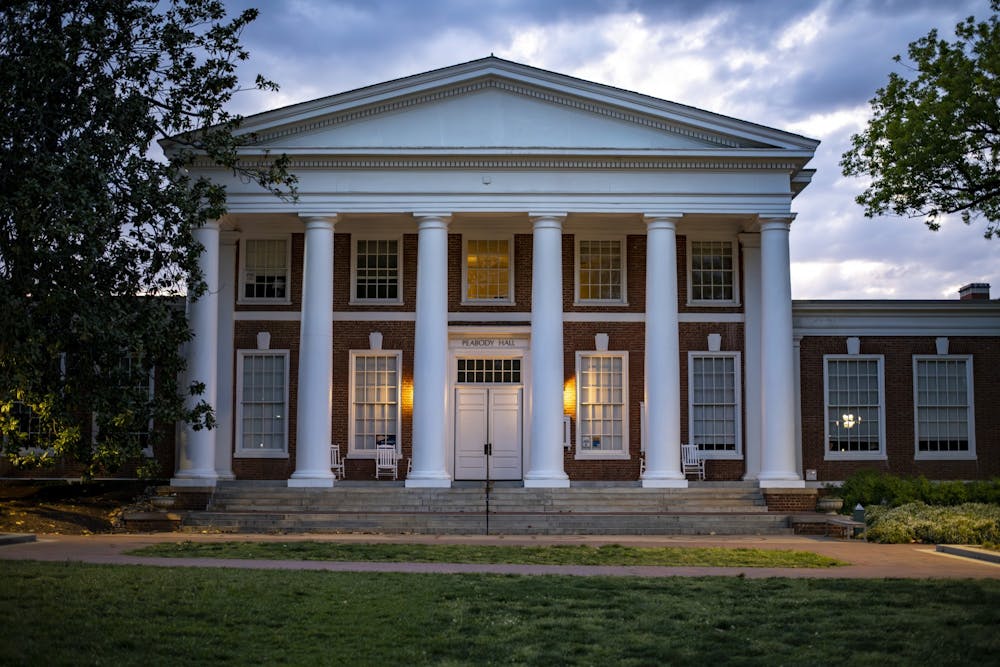The University remains committed to diversity in every dimension, including race, University President Jim Ryan and Ian Baucom, executive vice president and provost, said in a joint email statement to the University community regarding two upcoming Supreme Court cases that deal with affirmative action policies in the context of university admissions.
“We will continue to do everything within our legal authority to recruit a student body that is both extraordinarily talented and richly diverse across every imaginable dimension, including race,” Ryan said. “Those efforts reflect our commitment to serve the Commonwealth and beyond by making a U.Va. education as accessible as possible for all, including historically underrepresented students.”
The statement, released May 15, is a follow up to an October message regarding initial argument hearings in the upcoming Supreme Court cases regarding race-conscious college admissions.
Currently, the University admissions process considers race to help build a more diverse student body. According to the admissions website, student applications are assessed based on a multitude of factors, including academic performance and involvement in high school, as well as background, including race.
The two Supreme Court cases referenced in the notice from Ryan and Baucom are Students for Fair Admissions Inc. v. President & Fellows of Harvard College and Students for Fair Admissions Inc. v. University of North Carolina. These cases challenge the constitutionality of race-conscious admissions. A ruling in their favor could overturn the precedent set in place by the Regents of the University of California v. Bakke case in 1978 and change university admissions processes across the United States.
The plaintiff for both cases, Students for Fair Admissions, is an organization that represents college applicants of Asian descent.
In the UNC case, the plaintiff argues the university is violating the equal protection clause in the 14th amendment and specifically that UNC gives preference to Black, Hispanic, and Native American students. In the Harvard case, the plaintiff calls for an overturning of Grutter v. Bollinger, a case which decided that a white woman’s rejection from Michigan Law School was not a violation of the Equal Protection Clause of the fourteenth amendment.
Several states, such as Washington, Florida and California, have already banned affirmative action. Universities in these states have implemented other ways to admit diverse classes, such as considering socioeconomic background.
Ryan said he will share more information about the University’s response to affirmative action after the Supreme Court makes its ruling.
“For now, we want to emphasize what we hope you already know — every member of this community belongs and deserves to be here, and together you make this University the remarkable and vibrant community it is,” Ryan said.







